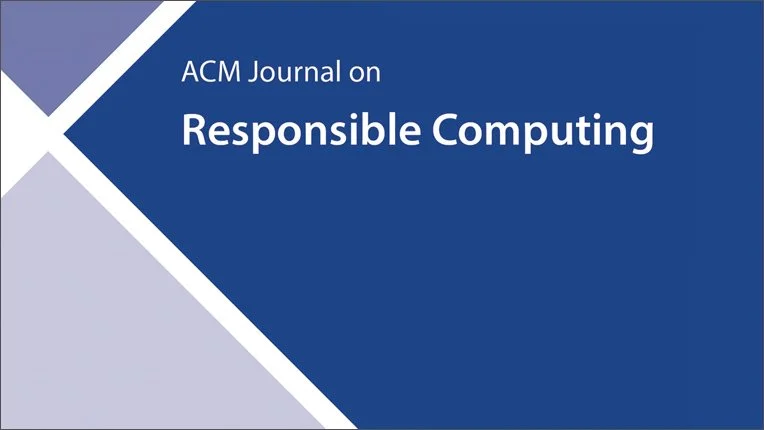In a forthcoming essay in Philosophy & Public Affairs, based on his 2023 Stanford Tanner Lectures, Seth develops a model of algorithmically-mediated social relations through the concept of the "Algorithmic City," examining how this new form of intermediary power challenges traditional theories in political philosophy.
Read MoreIn this paper, Seth Lazar and Lorenzo Manuali argue that that LLMs should not be used for formal democratic decision-making, but that they can be put to good use in strengthening the informal public sphere: the arena that mediates between democratic governments and the polities that they serve, in which political communities seek information, form civic publics, and hold their leaders to account.
Read MoreIn this essay Seth develops a democratic egalitarian theory of communicative justice to guide the governance of the digital public sphere.
Read MoreThe UK government is considering the use of Large Language Models to summarise and analyse submissions during public consultations. Seth weighs in on the considerations behind such a suggestion for the Guardian.
Read MoreIn a forthcoming paper in the ACM Journal on Responsible Computing Jake Stone and Brent Mittelstadt consider how we ought to legitimate automated decision making.
Read MoreIn a forthcoming paper in AI & Society Sean Donahue argues that while common objections to epistocracy may not apply to AI governance, epistocracy remains fundamentally flawed.
Read MoreThis week at the MINT Lab Seminar, Jake Stone presented his research arguing that corporate involvement in open source AI isn't simply exploitative, but can create mutually beneficial partnerships when properly governed.
Read More











